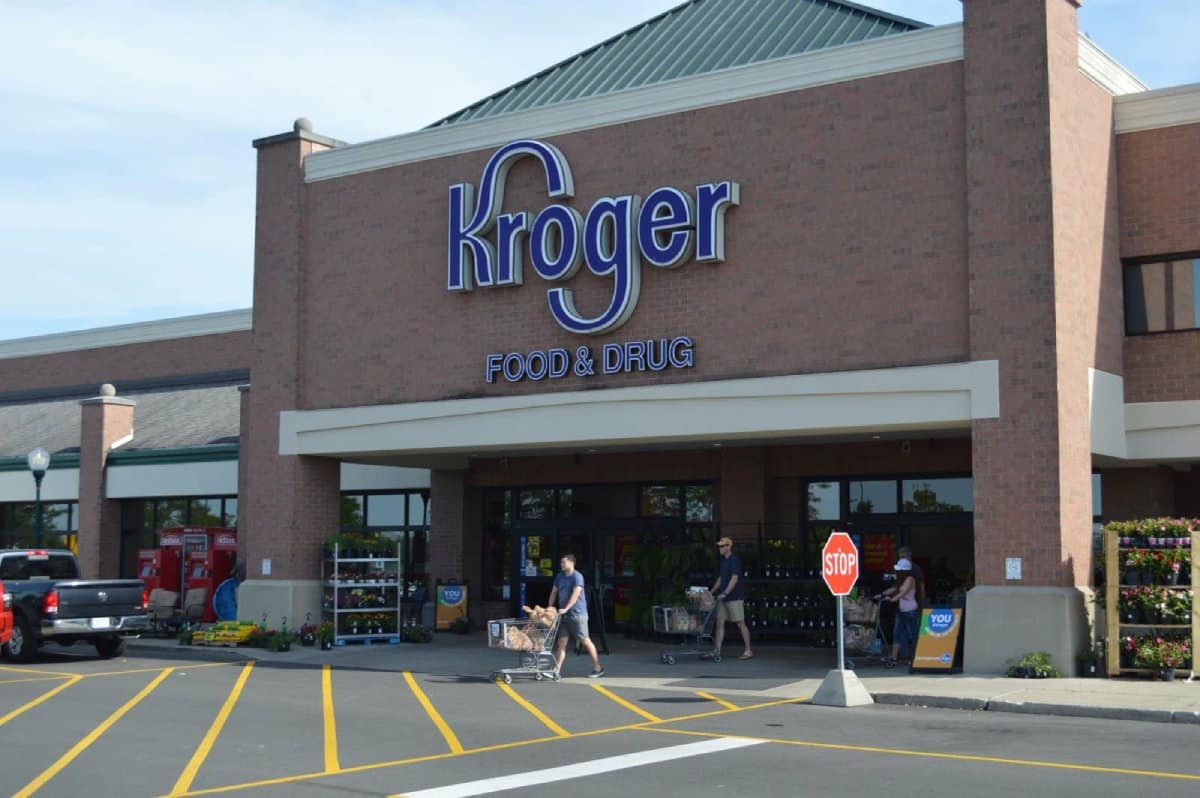Kroger’s $25 billion merger with Albertsons is under fire by the FTC because of its risk of increasing prices and harming consumers. Now, Kroger is fighting back.
Kroger’s Legal Fight
Kroger has filed a lawsuit against the Federal Trade Commission (FTC), ultimately challenging its authority in merger cases. This move specifically questions FTC’s use of in-house tribunals to issue rulings.
Kroger-Albertsons Merger
Kroger has proposed a $25 billion merger with Albertsons, which is the primary event driving this lawsuit. This deal would create one of the largest supermarket chains in the United States, driving concerns about monopolies and market power.
FTC’s Push Back
The FTC has made two moves to block the merger. The agency filed a lawsuit in federal court and began a case with its in-house administrative, and legal process.
Argument Against the Merger
The FTC argues that this merger would give Kroger too much market power at the expense of consumers. This could reduce competition and lead to higher prices, which would bring the industry toward a monopoly-like structure.
Kroger’s Challenge
Kroger’s own lawsuit argues that the in-house system violates the Constitution. It claims that the President cannot remove these judges, so they do not have accountability, and that the case should be fought in the courts instead of the executive branch.
Recent Supreme Court Decision
A recent Supreme Court decision actually reduced the power of regulatory agencies, which is partially driving Kroger’s own lawsuit. This case could determine future regulatory practices.
The FTC’s Response
The FTC has not commented publicly on the lawsuit. Some believe that Kroger’s legal action is just an attempt to save the merger.
Concerns Over Consumer Impact
The FTC has announced concerns that the Kroger-Albertsons merger would harm consumers by raising prices, closing stores, and reducing jobs. Kroger has vehemently contested this.
Kroger’s Defense
The company defends its business model as focused on lowering prices and increasing consumer choices. Kroger believes its history of price reductions proves that.
The CEO’s Commitment
Kroger CEO Rodney McMullen has said that this merger is “squarely focused on ensuring we bring customers lower prices starting day one while securing the future of good-paying union jobs.”
Investments
As part of its defense, Kroger promises to invest $1 billion to reduce prices and $1.3 billion to improve customer experience if the merger moves ahead.
Regulatory Overreach
This move is part of the greater push against regulatory overreach. Many companies and those in the business field believe that efforts to fight monopolies have gone too far.
Democratic Donor Concerns
Even Democratic donors with questionable business stakes have concerns about the FTC’s current process. They believe it could harm business growth and innovation.
The Future of Antitrust Regulation
If Kroger wins this case, the enforcement of antitrust laws could completely change. Monopolies may thrive if the government is unable to properly regulate mergers.
“Seismic Shift”
Many experts have expressed concerns about the chance of a “seismic shift” in federal agencies if Kroger is able to find success with this lawsuit.
Regulation Questions
In the larger sphere, there are ultimate questions about how much power federal agencies should be able to have to regulate industries. Ultimately, there are concerns about where the line is drawn between stopping monopolies and overstepping.
Upcoming Court Battles
Soon, a federal court in Portland, Oregon, will hear the FTC’s request to temporarily block the merger. How this event plays out will likely be important to the future of this legal battle.
Possible Outcomes
If Kroger’s lawsuit is successful, the FTC could lose one of its primary tools for enforcing antitrust laws, majorly shifting how regulations are passed. On the other hand, if it’s not, then the Kroger-Albertsons merger could fall through.
Consumer Choices
If the powers to enforce regulations are reduced, critics fear that less competition and fewer choices could increase prices and ultimately hurt customers. This would be particularly true in areas where Kroger and Albertsons are the most popular chains.
The Future of Merger Regulation
This lawsuit could determine how mergers are approached in the long term. The balance of power between corporations and regulators is ultimately up in the air as the lawsuits hit the courtroom.
Featured Image Credit: Shutterstock / Eric Glenn.
The content of this article is for informational purposes only and does not constitute or replace professional financial advice.
The images used are for illustrative purposes only and may not represent the actual people or places mentioned in the article.

